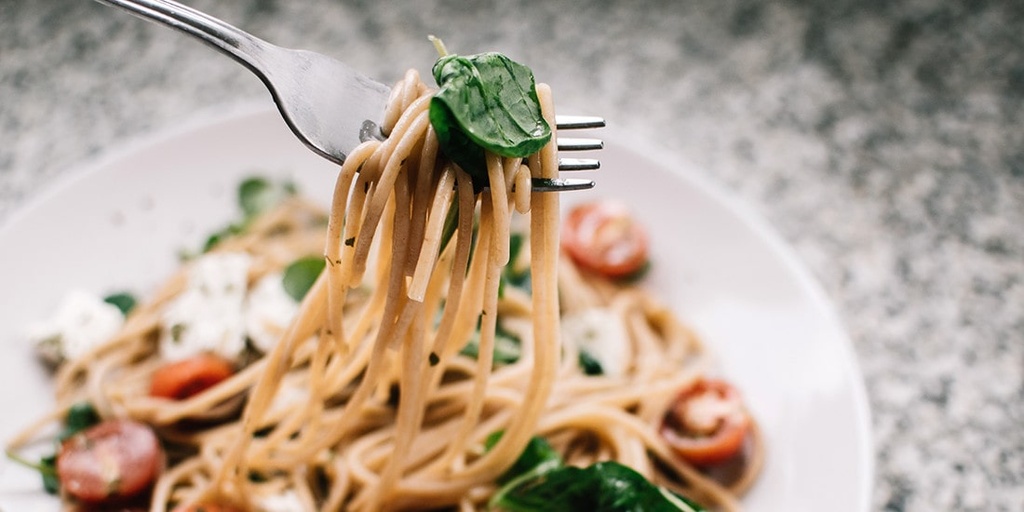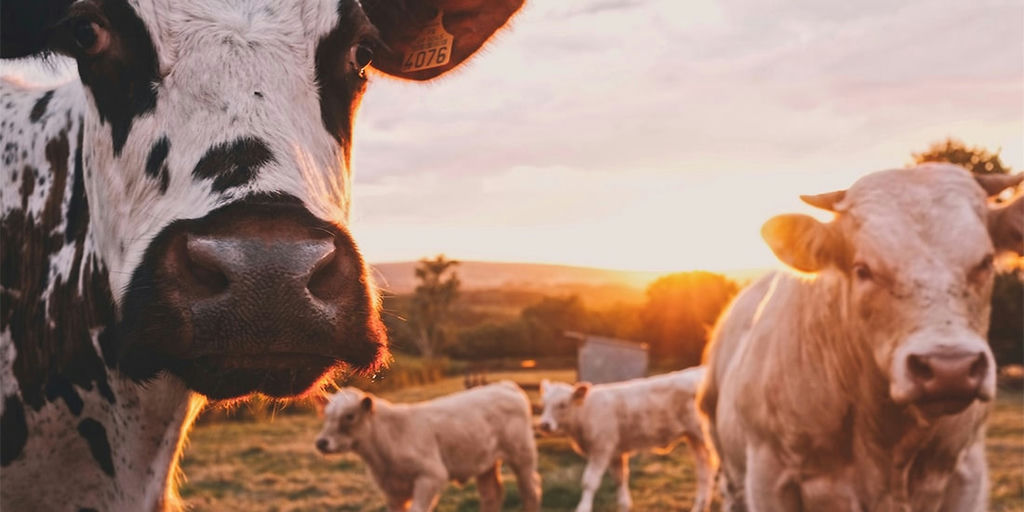100 percent plant-based diet
- Earth Points
- 100
- Ease
- Ambitious

Description
There is global scientific consensus: making the transition to a plant-based diet, such as whole grains, seeds and nuts, legumes (beans, peas, lentils, soy derivatives), fruits and vegetables, is one of the most effective ways you can slow climate change, reign in habitat loss, and regenerate the health of our planet.
It also improves your own physical well-being, by preventing and treating certain diseases. Plus, it prevents animals from being tortured by factory farming practices. As another bonus, meat tends to be more expensive, so you end up saving money!
Your dietary choices can contribute to food availability and security, which is critical due to expected global population growth. Replacing all animal-based items with plant-based alternatives will add enough food to feed double the humans alive today!
This is because the feed-to-food conversion efficiency of animal protein is minuscule. It takes a lot of land and food to feed to livestock. Therefore, the average caloric efficiencies of dairy, beef, poultry, pork, and eggs are only 7%. This means 93% of calories are lost in the process!
According to the Academy of Nutrition and Dietetics, well-planned 100% plant-based diets are appropriate for pregnancy, lactation, infancy, childhood, adolescence, older adulthood, and athletes: in other words, everyone. In fact, many world-class athletes such as Lewis Hamilton (Formula 1 pilot), Venus Williams (tennis player), and Nimai Delgado (bodybuilder) eat a 100% plant-based diet. As plant-based bodybuilders say, a bull never eats meat, and look how strong it is.
Tips
• Fasten your belts and embark on a fascinating new sensory pathway that will nourish your soul as much as your taste buds.
• It is easier than ever to go vegan. Grains, beans and vegetables are rich in protein and iron. Green leafy vegetables, beans, lentils, tofu and nuts are excellent sources of calcium. Regular intake of vitamin B-12 is important, either from fortified foods or supplements.
How to start? Here is a five-step suggestion:
-
Think of three vegetarian meals that you already enjoy. Common ones are tofu and vegetable stir-fry, vegetable stew, or pasta dishes.
-
Think of three recipes you prepare regularly that can be adapted. For example, a favorite chili recipe can be made replacing meat with beans. Enjoy bean burritos, veggie burgers instead of hamburgers, grilled eggplant and roasted red peppers instead of grilled chicken in sandwiches. Many soups, stews and casseroles can be made with simple changes.
-
Check out some veggie cookbooks and experiment with recipes until you find three new ones that are easy to make and delicious.
-
For breakfast, try muffins with fruit spread or cereals with rice, oat or almond milk. Sandwiches with spreads like hummus or white bean paté with lemon and garlic, pasta salads or dinner leftovers make great lunches.
-
From burgers to butter, there is now an incredible array of genuinely delicious vegan substitutes in your supermarket.
• It takes about three weeks to break or create a habit. Give it a try, enjoy and have fun!
Further additional resources:
• Vegan Outreach offers the 10 Weeks to Vegan program designed to help people in 40+ countries to try a plant-based diet. They also match participants with local vegan mentors.
• Fork Ranger is a climate-friendly eating app that is beautifully designed and packed with knowledge and delicious recipes.
Delicious Vegan Eating o Happy Cow o Forks Over Knives o Oh She Glows o The Buddhist Chef o The Vegetarian Resource Group
Free vegan mentoring: o Physicians Committee for Responsible Medicine (PCRM) o Challenge 22

